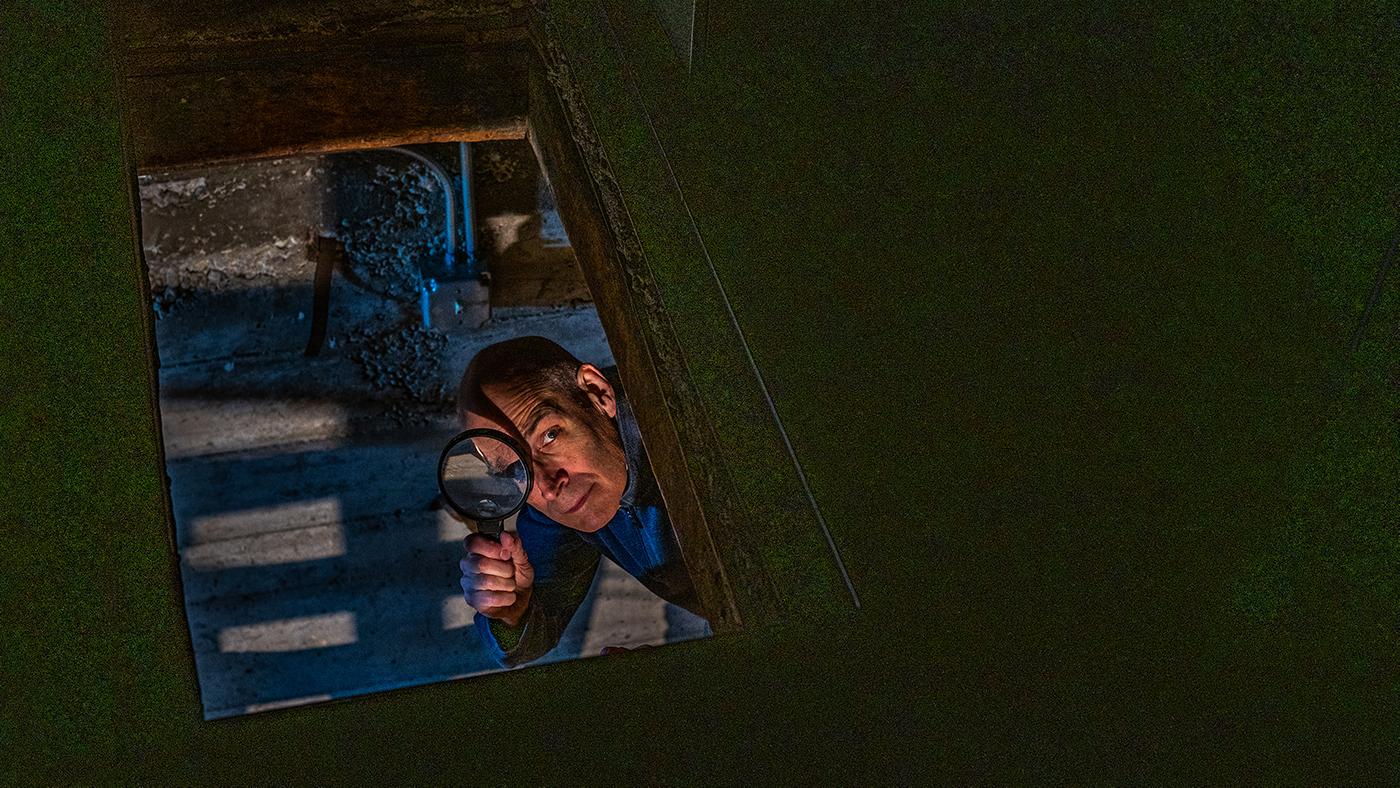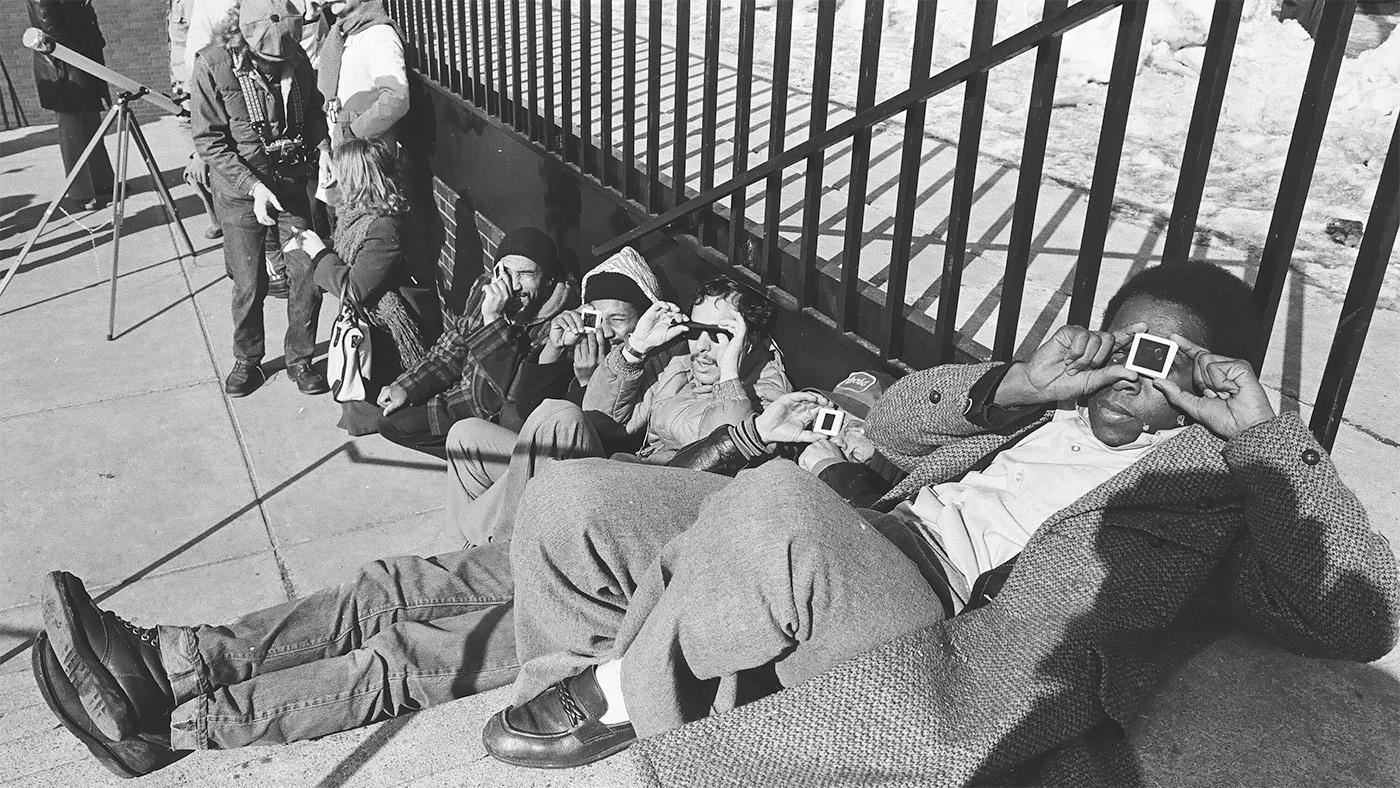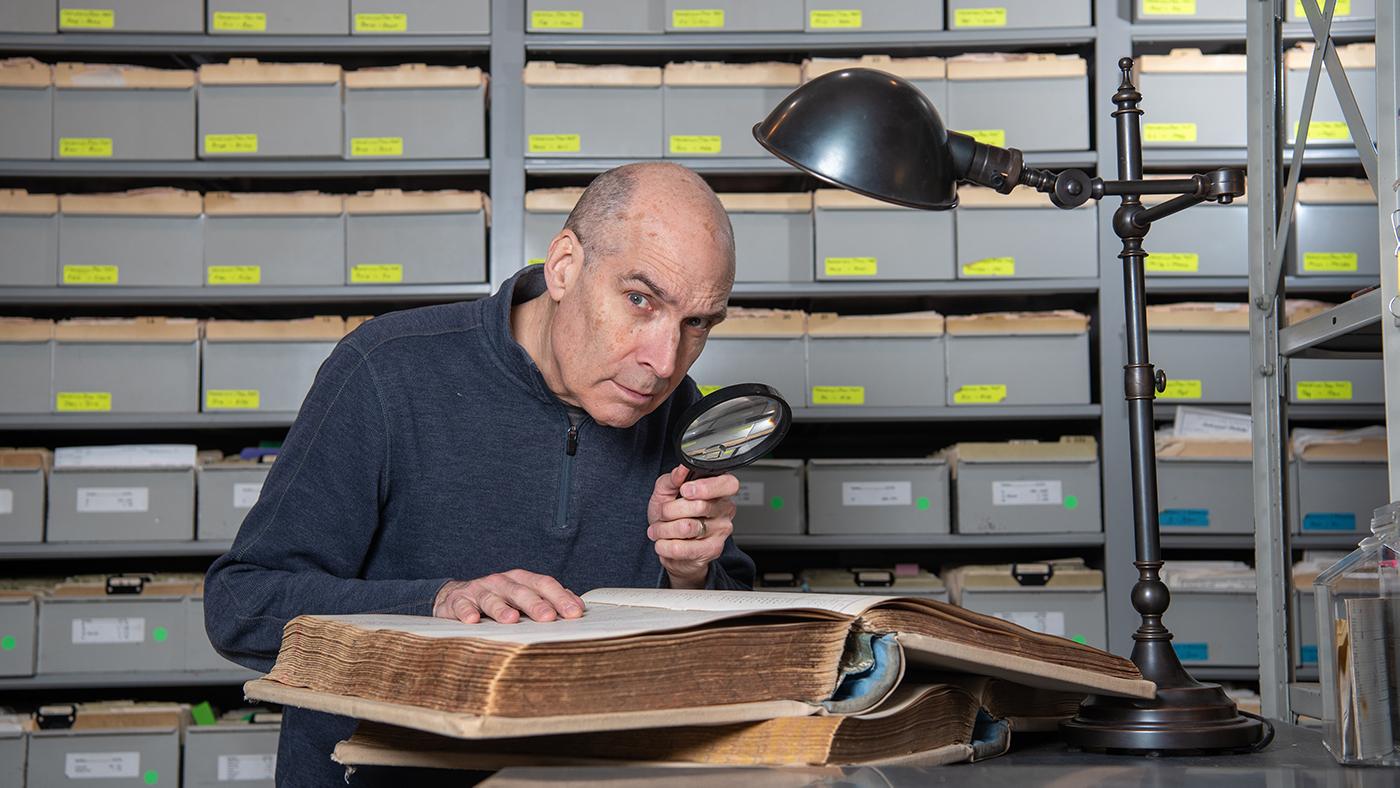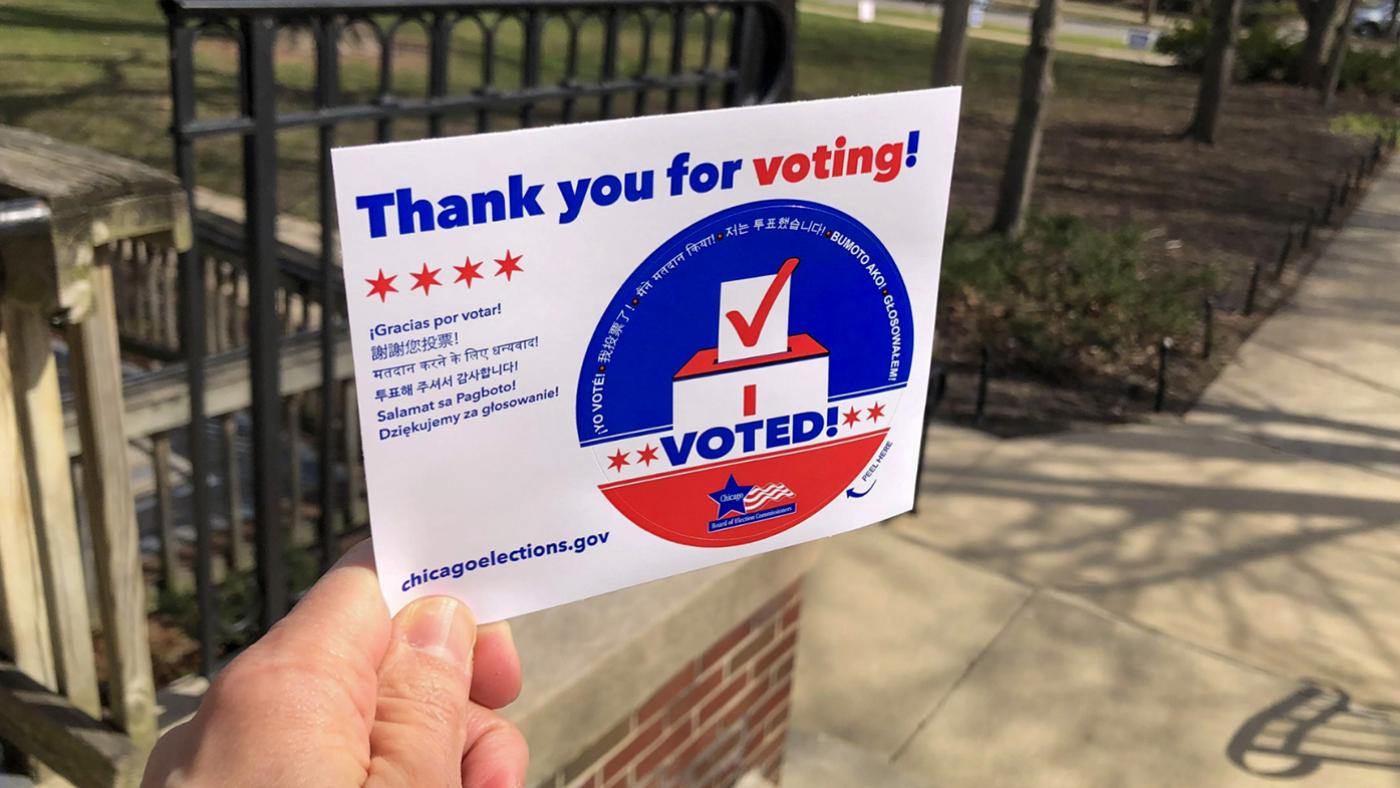'Forever Pure:' The Nationalism of an Israeli Football Team
Daniel Hautzinger
May 15, 2017

Tonight at 10:00 pm on Independent Lens, the documentary Forever Pure follows the story of Israel's most popular football club, Beitar Jerusalem, when it signs two Muslim players from Chechnya. Beitar is the only club to have never signed an Arab player, and it is controversial for its radical fan base, as embodied by the fan club La Familia, which is known for racist chants and banners. What happens when two Muslim players are brought on to the most nationalist team in Israel? We spoke to filmmaker Maya Zinshtein about the documentary. (Forever Pure will be available to stream on May 16.)
 'Forever Pure' filmmaker Maya Zinshtein. Photo: Tomer AppelbaumWhat is it about football that ignites such nationalist, violent tendencies, not just in Israel but around the world?
'Forever Pure' filmmaker Maya Zinshtein. Photo: Tomer AppelbaumWhat is it about football that ignites such nationalist, violent tendencies, not just in Israel but around the world?
Football is a very passionate game, so it ignites the whole score of emotions. Sociologists say that the sports stadium is the first place where you can see the expressions of society on the surface.
What does this film say about identity and Israeli society, that people so clearly invested in Beitar as the fans and especially La Familia, would rather see it fail (by boycotting games or asking for the dismissal of an important player like Ariel Harush) than accept Muslim players, who are not even Arabs?
Beitar Jerusalem is much more than a football club. For many of its fans, Beitar Jerusalem represents their identity, and unfortunately being a non-Arab club became part of that identity. Of course, football reveals society in a radical way, but I do think the example of Beitar shows the dangerous directions that parts of Israeli society are taking.
Arcadi Gaydamak, the owner of Beitar Jerusalem, tried to use the club as a propaganda tool and is not shy about it. In the case of Beitar, football seems to have only been used as political tool for hateful purposes. Could it be used for good, to make a culture like Beitar more tolerant? How?
The club has been used for political purposes for decades, since it was established – not only by Gaydamak, but also by many politicians from the Israeli right wing, as it’s known that the way to the Israeli parliament goes through Teddy Stadium. Of course football can be and should be used for a different purpose. I think football can be an amazing educational tool by connecting people, instead of dividing them.
 Beitar player Ofir Kriaf with fans. Photo: Duckin’ & Divin’ Films | Maya FilmsWhat is the aftermath of this story?
Beitar player Ofir Kriaf with fans. Photo: Duckin’ & Divin’ Films | Maya FilmsWhat is the aftermath of this story?
Forever Pure was released in Israel two months ago and generated huge interest. Beitar has the biggest fan-base in the country, and it is considered the most controversial football club here, so the press coverage was very wide. The film took all the discourse about the club out of the sport outlets and brought it to the mainstream media, and a public discourse started. Following the wide dissemination of the disturbing picture revealed by Forever Pure, the current owner of the club announced that the chant “Here we come, the most racist team in the country”, shouted proudly by the fans in the film (and an integral part of the repertoire in Teddy stadium for the last two decades), is no longer allowed. La Familia tried to oppose the decision, but without great success. For the last three weeks this chant has not been heard at the stadium. At the same time, some fans have established a new organization. They call themselves “The Western Wall,” and are trying to bring a new, anti-racist approach to the stands of Teddy Stadium.
How has the documentary been received?
I think Forever Pure is very much a film of our times. Although it tells the story of one football team in Israel, it also tells a much wider story of how the extreme margins can take over the silent majority. I’ve traveled with Forever Pure across the world, and I saw how people from different countries could easily translate the story and the metaphor to their own country.







